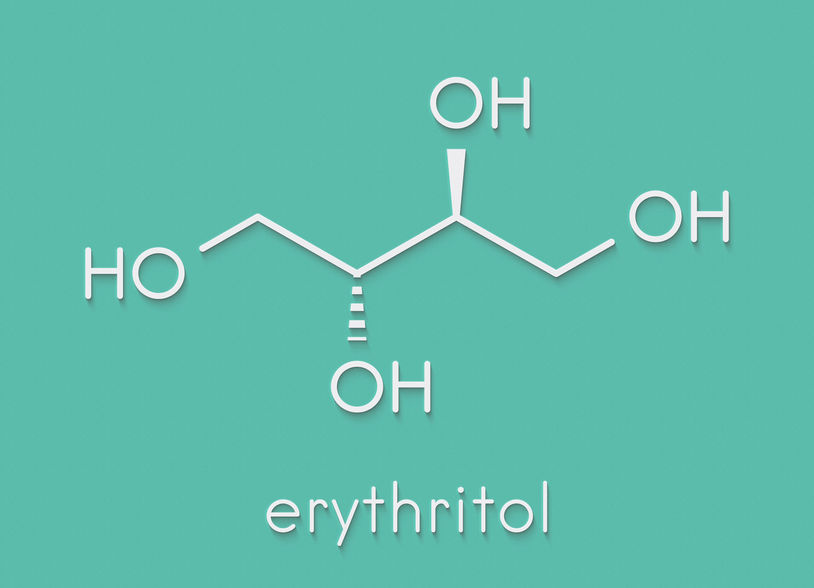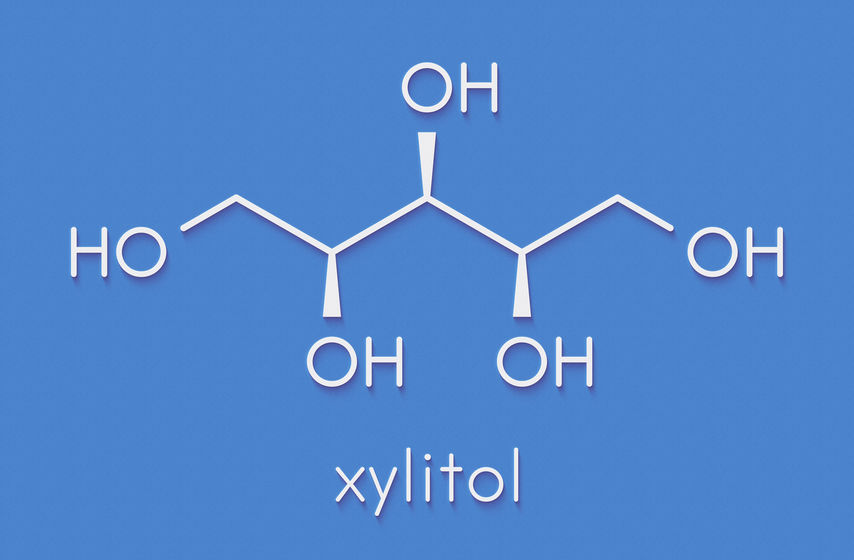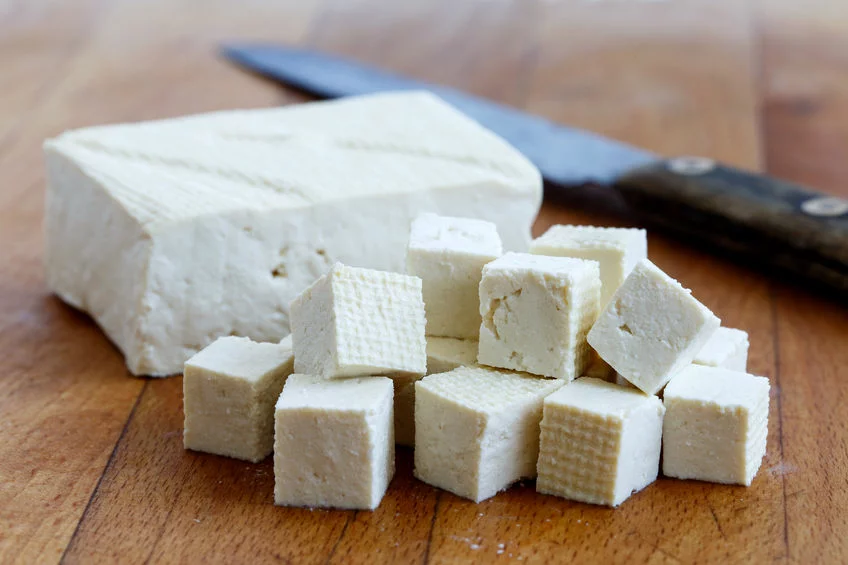By now most of us know that the keto diet is very restrictive when it comes to certain foods. Some foods are easier to give up than others. Ditching the pasta and doughnuts doesn’t seem so bad, but cutting out sugar – now that’s asking for a lot. It’s no secret that sugar, which is filled with empty calories, is bad for us. It can lead to many serious health conditions such as inflammation, heart disease, and obesity, so why do we still eat it? Mary Poppins couldn’t have said it any better “A spoonful of sugar makes the medicine go down in a most delightful way.” It gives a cup of coffee that extra kick and adds some wonderful flavor to many dishes and desserts, that’s reason enough to indulge in this pleasurable treat.

Unfortunately, for those who are serious about achieving their weight loss goals, there is no way around it. Sugar must be eliminated from the diet. But before you hang your head in despair, there is some good news. Thanks to nature and a little bit of chemistry, there is a way to get a sweet fix without kicking the body straight out of ketosis. Sugar alcohols! Sugar alcohols are a keto-friendly ingredient that will add a little sweetness to any dish without most of the carbs.
Here is everything you need to know about sugar alcohols on a low carb diet.
What Are Sugar Alcohols?

Despite the name, sugar alcohols, or otherwise known as sugar replacements or polyols do not contain ethanol, so there is no need to worry, it is perfectly safe for everyone to eat. This low carb sugar replacement is naturally derived from plants, vegetables, and fruits. The concentrate derived from these natural sources is then put through a complex chemical process, which involves adding alcohol molecules and bulk carbohydrates made from sucrose, glucose, or starch. Because polyols have a similar chemical structure as standard table sugar, they activate the sweet receptors on your tongue. One of the benefits of cooking with sugar alcohols is that it doesn’t brown during the heating process and it also helps to retain moisture in other foods while it’s being cooked.
The reason why some sugar alcohols are permitted on the keto diet is that the body does not fully absorb or metabolize them, which means that they provide fewer calories than standard table sugar. The only downside to this is that because the body is unable to fully absorb them, they can have a laxative effect. One of the common side effects of the keto diet is diarrhea, so it may be best to avoid sugar alcohols for a while or until your body has adjusted to the new diet.
Depending on the type of alcohol sugar, the number of calories varies from 0.2 to 3 calories per gram.
Keto Approved Sugar Alcohols
As with most things in life, not every form of sugar alcohol is created equal. There are some that should be avoided on the keto diet and others that can be eaten safely without causing your ketone production to come to a complete standstill.
These are two types of sugar alcohols that can be added to your keto shopping list.
Erythritol

Erythritol is commonly derived from corn, but can also be extracted from some fruits and vegetables. In comparison to every other type of sugar alcohol, erythritol contains the least amount of calories and net carbs, making it the perfect sugar alternative on the keto diet. It is almost as sweet as standard granulated sugar but only contains a mere 0.2 calories per gram. While a teaspoon serving of erythritol contains 4 grams of carbs, studies have shown that it may be beneficial for reducing blood sugar levels. Most sugar alcohols are not fully absorbed by the body, however, due to the molecular weight, erythritol is less likely to cause digestive issues commonly associated with other types of alcohol sugar.
Erythritol can be substituted for sugar in most recipes, however, it doesn’t dissolve as well as granular sugar so it may cause some dishes to have a grainy texture. Erythritol may not be as sweet as regular sugar but can be used as a 1:1 replacement without noticing much of a difference.
The Pros
- It has a glycemic index of 0 and won’t cause a spike in insulin.
- It only contains 0.2 calories per gram.
- Compared to other forms of sweeteners, erythritol is less likely to cause cavities or plaque buildup in the mouth.
- It is less likely to cause digestive issues.
The Cons
- It is not as sweet as sugar.
- It can cause a cooling sensation on the tongue, especially when used in larger amounts.
Xylitol

Xylitol is one of the most common types of sugar alcohol that is found in most sugar-free treats like gum, mints, and candies. Many people prefer using xylitol to sweeten their coffee and baked goods because it is just as sweet as table sugar and only contains 3 calories per gram. There are roughly 4 grams of carbs per teaspoon serving, but they do not count as net carbs because they don’t cause a spike in insulin levels. Xylitol can be used as a 1:1 sugar replacement in most recipes but it tends to absorb more moisture when compared to other forms of sugar alcohols.
The Pros
- Xylitol is just as sweet as sugar but has fewer calories
- It will not impact your teeth as much as regular sugar, but still should be used in moderation.
- Studies suggest that xylitol can be beneficial for boosting the production of collagen and good gut bacteria.
The Cons
- It is more likely to cause digestive issues such as bloating, diarrhea, and gas.
- Xylitol is toxic to most pets in small doses so be sure to keep it out of reach.
- It has a glycemic index of 13, which is significantly higher than erythritol
Sugar Alcohols to Avoid on The Keto Diet
There are many forms of sugar alcohols, but many have a higher glycemic index and should be avoided on any low carb diet.
These include:
- Sorbitol
- Lactitol
- Glycerol
Many manufacturers use these sugar alcohols as a replacement for sugar in their products. While the label may state that it is low carb or sugar-free, ingredients like the ones mentioned above can affect your state of ketosis because of their glycemic index reading. Everybody is different and may react differently to these sugar alcohols, however, it’s best to be safe and avoid them altogether. You don’t want all your hard work to go to waste.
Sugar Alcohols – the Bottom Line
Using sugar alcohols on a keto diet is a great way to satisfy your cravings. They are sourced from natural sources and safe for anyone to eat. The only downside is that they may cause a few digestive issues like gas, bloating, or diarrhea, so it’s best to avoid them if you have a sensitive gut or experiencing the dreaded keto flu. If you are in the mood to bake up a keto-friendly storm, then xylitol and erythritol are the perfect substitutes for granulated sugar!
Do you want to find an effective Keto treatment? Check out our top rated Keto products












